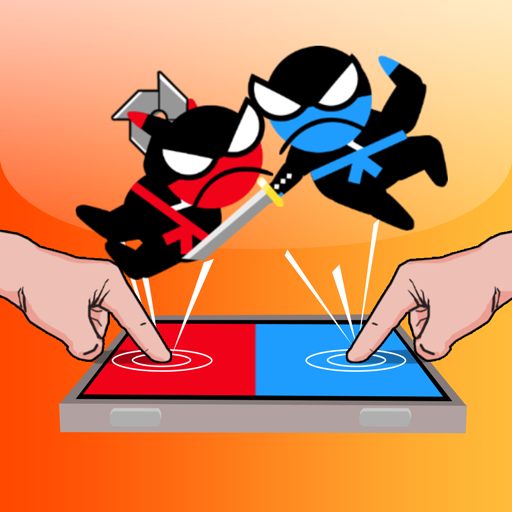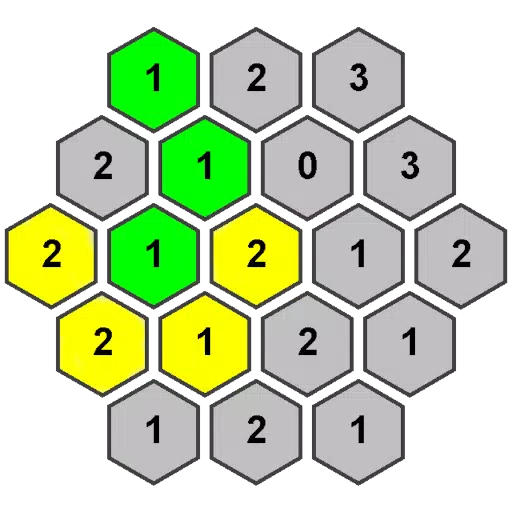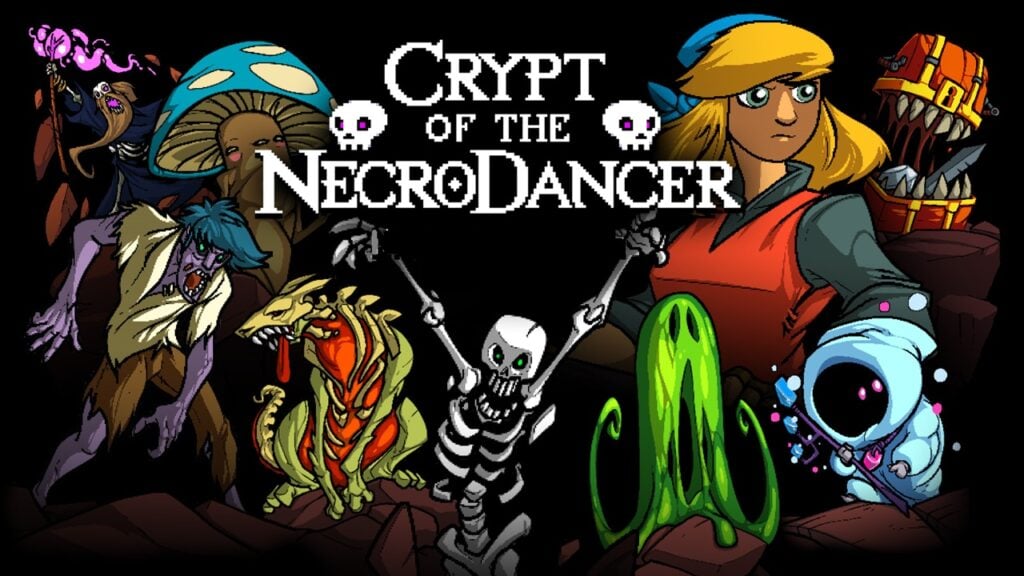TikTok's weekend ban dominated headlines, but the fallout extended beyond the social media giant. Marvel Snap and other top games from ByteDance subsidiaries also faced temporary removal from US app stores. This incident raises significant concerns about the potential risks of aligning with a company embroiled in geopolitical conflict.
The TikTok ban, anticipated following a congressional act labeling it a foreign adversary-controlled application, went into effect Sunday. While President-elect Trump's swift intervention restored TikTok's service, other ByteDance apps, notably Marvel Snap, remained unavailable. This action, a clear "all or nothing" strategy from ByteDance, left developer Second Dinner seemingly uninformed and scrambling for damage control. Second Dinner has pledged compensation to players, but the incident casts doubt on ByteDance's commitment to its gaming partners.
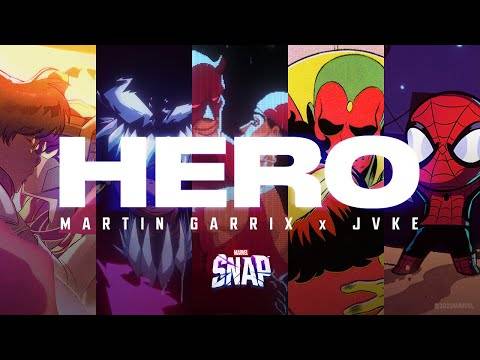
ByteDance's strategy of using TikTok's ban as a political maneuver to garner public attention appears successful. However, this tactic inadvertently ensnared its gaming partners, leaving them to deal with the consequences. While Second Dinner is unlikely to sever ties with ByteDance, the lack of prior warning severely damaged trust. The incident highlights a potential prioritization of social media over gaming within ByteDance's corporate strategy.
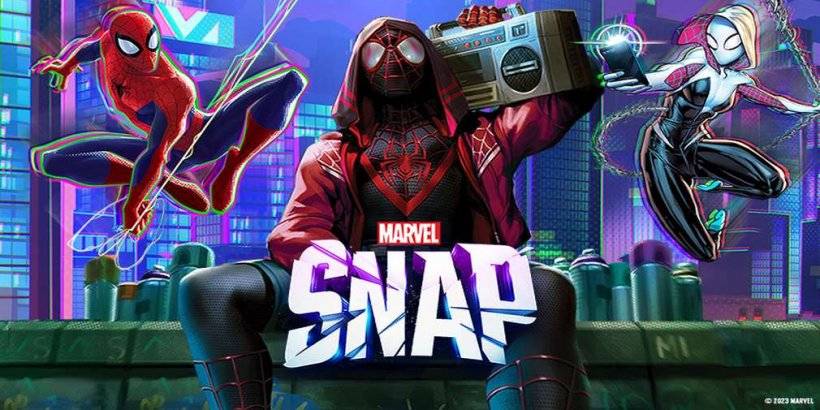
This isn't the first time ByteDance's gaming division has faced setbacks. Significant layoffs in 2023 resulted in project cancellations. While Marvel Snap initially suggested a shift towards partnerships, this recent incident demonstrates the inherent risks involved. Potential developers and publishers may now hesitate to collaborate with ByteDance, fearing similar disruptions. Disney, with the recent success of NetEase's Marvel Rivals, might also be reconsidering its relationship with ByteDance.
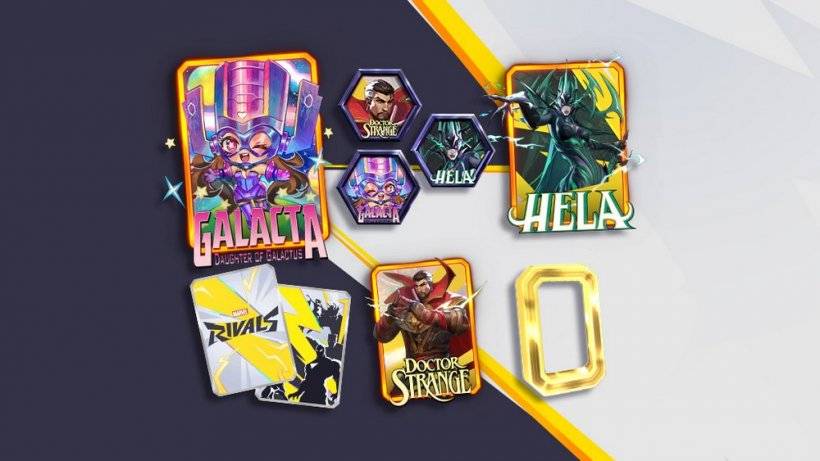
The concern extends beyond ByteDance. Tencent, NetEase, and other Chinese gaming companies could become future targets. The FTC's actions against MiHoYo demonstrate the growing scrutiny of the gaming industry. The Marvel Snap situation serves as a stark warning, highlighting the vulnerability of the gaming sector to political pressures and the unpredictable consequences of aligning with companies operating in volatile geopolitical landscapes. The public's reaction to Marvel Snap's removal – even from those initially unconcerned about TikTok – underscores the potential for widespread backlash when popular games are caught in the crossfire. The future remains uncertain, raising questions about the long-term stability and security of the gaming industry in the face of escalating geopolitical tensions.
 Home
Home  Navigation
Navigation






 Latest Articles
Latest Articles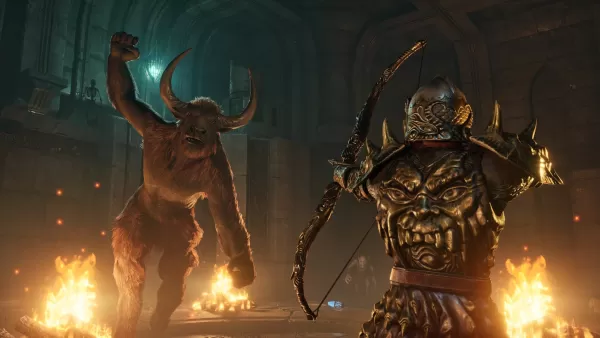
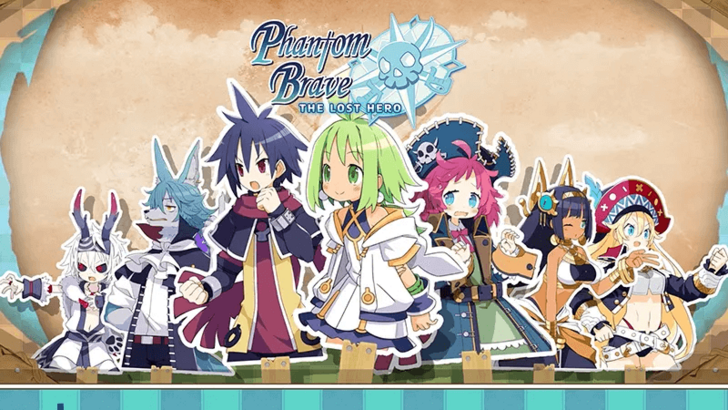








 Latest Games
Latest Games